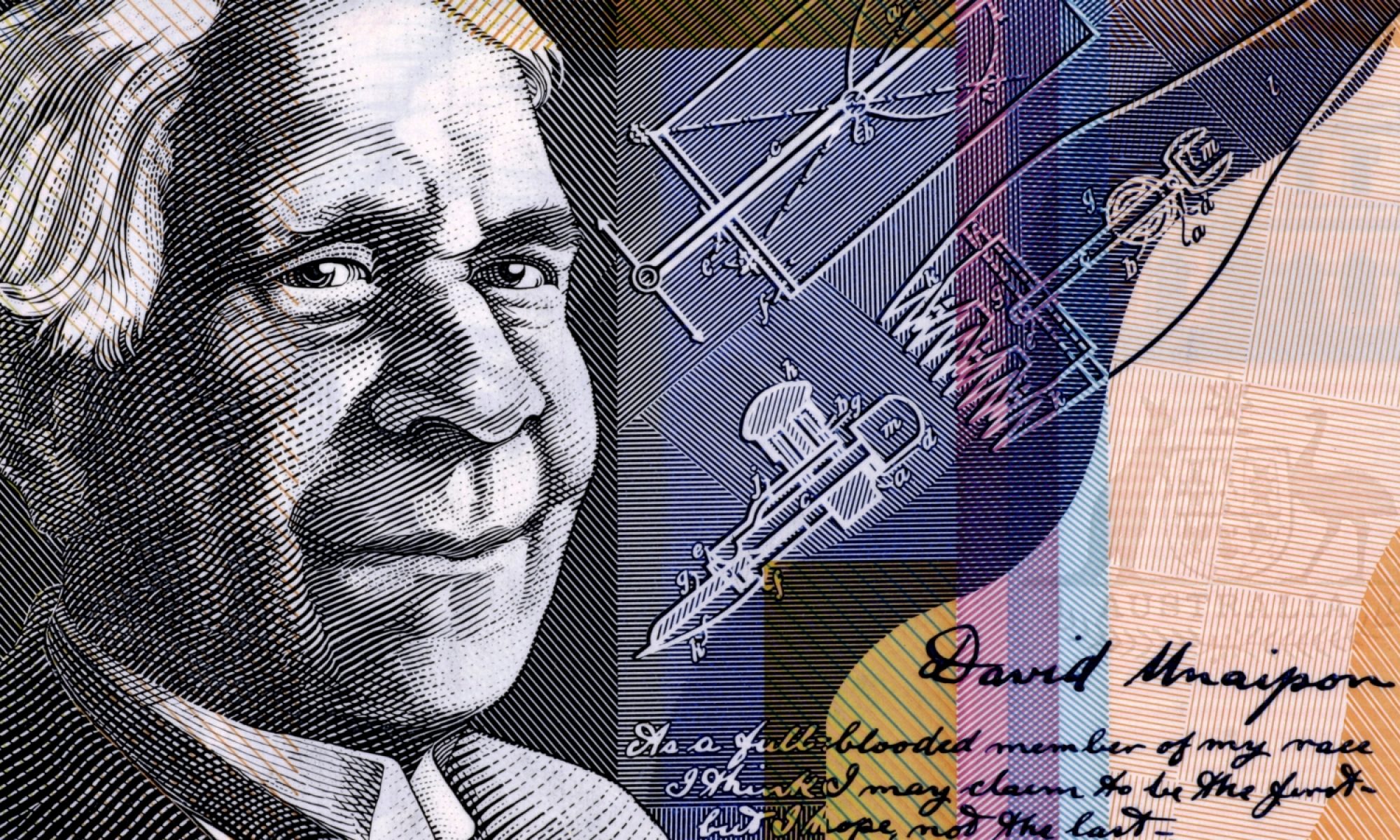The Basic Card was introduced in 2007 by the Federal Government as part of Income Management with the aim to prevent people spending money on grog and drugs. The card can only be used at prescribed stores and for prescribed items. Most of the money received by people on government benefits is through this card. The card has been rolled out in the NT, and various place-based trials (2014):
- Bankstown (167)
- Shepparton (348)
- Playford (588)
- Rockhampton (467)
- Logan (949)
However in many communities the level of violence and drinking has not gone down, in fact has gone up in some areas. So presumably people are circumventing the spending restrictions and other issues are affecting the outcome.
The Evaluating New Income Management in the Northern Territory: Final Evaluation Report (2014) conducted for the government provides the following table on the misuse of the Basics Card:
Ways of use of BasicsCard and related questions, LSNIM Wave 2, 2013 p 135.
| Proportion reporting that event occurred | Urban (%) | Town Camp/ Settle-ment (%) | Non- urban Comm-unity (%) | Other (%) | CIM Indig. (%) | CIM non-Indig. (%) | VIM (%) | Total (%) | |
| Do you/anyone in your family: | |||||||||
| Share/swap BasicsCards when shopping with others | 32.9 | 26.5 | 42.9 | 22.2 | 37.1 | 30.5 | 31.5 | 34.7 | |
| Let others use BasicsCard/PIN on behalf | 41.6 | 34.5 | 55.3 | 11.1 | 48.5 | 32.0 | 45.3 | 44.1 | |
| Let others use BasicsCard/PIN for self | 34.2 | 18.1 | 44.7 | 11.1 | 38.6 | 25.8 | 30.7 | 34.4 | |
| Swap food/groceries for money, alcohol, tobacco | 23.1 | 4.9 | 8.0 | 11.1 | 14.4 | 22.7 | 8.1 | 15.5 | |
| Swap cards for money, alcohol, tobacco | 19.6 | 2.4 | 7.6 | 11.1 | 12.4 | 18.1 | 8.2 | 13.2 | |
| Cash from taxis | 16.7 | 3.6 | 10.8 | 11.1 | 14.0 | 11.4 | 9.7 | 12.8 | |
| Gamble using BasicsCard | 3.2 | 0.0 | 3.8 | 0.0 | 3.7 | 2.4 | 0.0 | 2.8 | |
| Get stores to sell tobacco and alcohol on BasicsCard | 10.4 | 0.0 | 3.7 | 0.0 | 6.3 | 10.4 | 1.4 | 6.6 | |
| Did you: | |||||||||
| Pay more because using BasicsCard | 38.9 | 26.0 | 39.4 | 12.5 | 41.3 | 33.1 | 23.5 | 36.7 | |
| Couldn’t buy something on BasicsCard | 72.7 | 35.1 | 42.0 | 100.0 | 55.7 | 80.2 | 33.3 | 59.0 |
There are also other probable social effects, such as the willingness of people to circumvent the laws they do not respect and interferes with their independence and self-worth.
Government Policy
A summary of this new policy approach is here. And a very good summary of the statistics, and comment on the lack of comprehensive data collection or analysis is here.
Checking data
The use of “double accounting” techniques are important for checking data, and there are simplified techniques that can be easily adapted to new topics. These techniques aim to approximate the result you would expect from the known situation, then compare it to the one given by the “authority”.
Techniques are: grouping or pattern matching to count in blocks; consider different cases as blocks and handle separately; simplifying the calculation by rounding; considering if the result seems likely.
Apply this to government policy in Aboriginal area – e.g. the proposal that the Basics Card will stop drinking and gambling.
The media reports that various individuals support the program, that they ‘have seen a decrease in violence in their community’. The program has been running for a while, so what are the figures?
There are firstly the issues around the children, who are the initial focus of the report. Is school attendance up as promised? Is better food being purchased from stores, especially community stores which are the main buying site for remote areas?
You can get figures from the police and family violence refuges – has drinking and domestic violence gone up since the introduction of the card in different regions? Some indigenous DSS and HACC data here
The data here shows number of people on the card – interesting there is no “unknown” just Aboriginal and non-Aboriginal groups.
Beyond the direct data
Consider the health effect on people of being denied control of their own (severely limited) finances. Studies have been done with employees of the British Civli Service and showed health effects from difference in pay scale results as those on a lower pay than those around them feel less control over their lives.
You can see some other issues arise from the data, such as the lack of practicality in its implementation, the vast majority of card holders are in NT, while there are few stores accredited there for them to purchase from.
For the latest report, see:
Evaluating the Cashless Debit Card Trial in Ceduna and East Kimberley: A Briefing Note by Dr Janet Hunt, Senior Fellow CAEPR, ANU
and the Greens Minority 2017 report to Senate Community Affairs Legislation Committee
These summarise the concerns over the method of data collection, and its analysis, when reviewing the effectiveness of the basics card against the criteria for which it was created
Research
The Basics card is not an effective response to protecting Aboriginal children and Aboriginal people’s wellbeing
